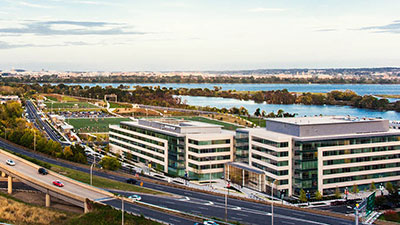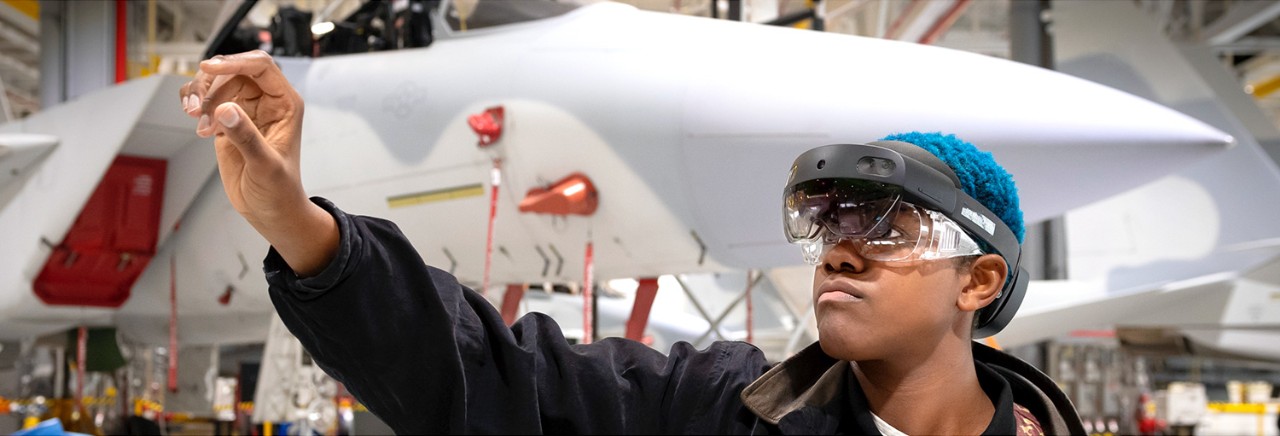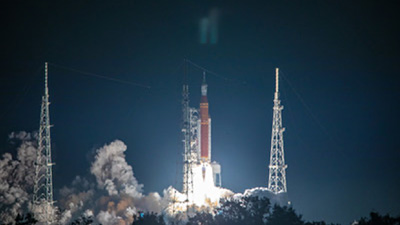Boeing news and reports


First-quarter 2024 Financial Results

Explore a career with us
Check out new career opportunities and hiring events.

Engineering the future of aerospace capabilities
By embedding innovation and prioritizing safety and quality, we’re delivering smarter, more sustainable results — in smarter, more sustainable ways.

Next Generation Experimental Aircraft Becomes NASA’s Newest X-Plane
NASA and Boeing said the aircraft produced through the agency’s Sustainable Flight Demonstrator project has been designated by the U.S. Air Force as the X-66A.

Moving people and communities forward
With investments in our employees and the communities they call home, we’re fostering environments around the globe where people and ideas thrive.






